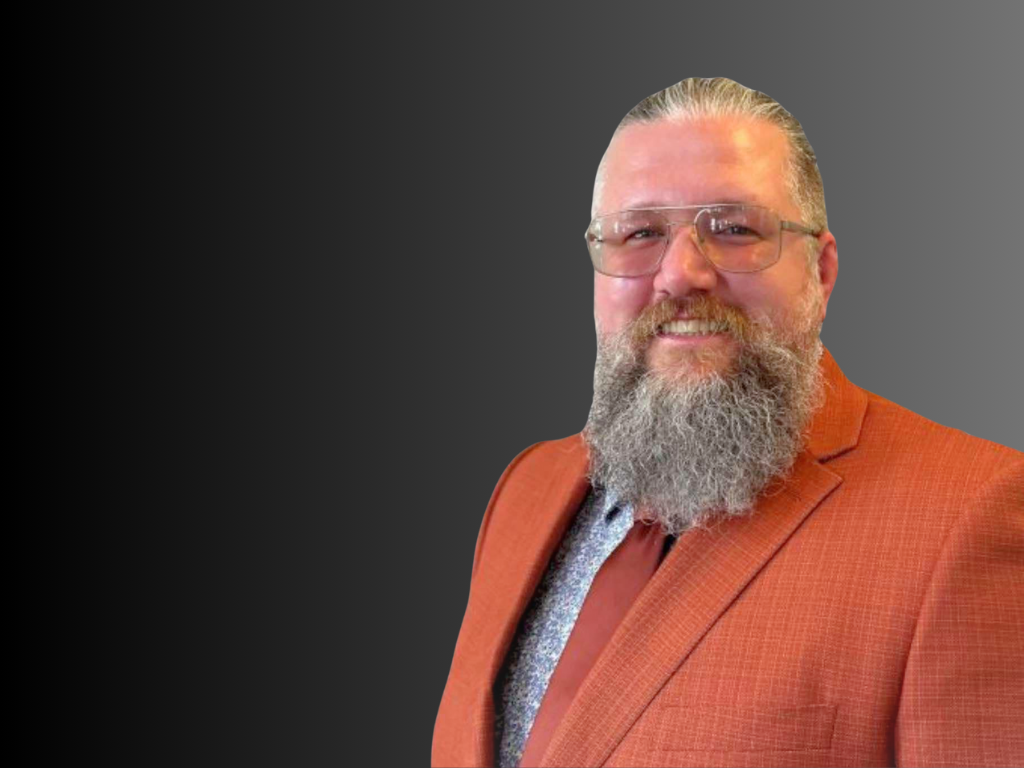
Better Together: Finding Freedom Through Person-Centered Recovery Support
“There’s no linear recovery plan that works for everyone.” These powerful words from Cody Richards, MSW, APSW, CSAC, CCHP, resonated deeply with our Wisconsin AHEC Scholars and healthcare students during their recent Community Health Immersion (CHI) experience. As an Army veteran who has personally navigated the complexities of recovery, Richards combines professional expertise with lived experience to empower individuals on their unique paths to healing. His insights not only inspired our CHI participants but equipped them with practical strategies for building effective, accessible recovery support systems across Wisconsin communities.
Personalizing Paths to Recovery
In the realm of recovery support, Richards emphasizes the importance of viewing the whole person. Every individual’s path is intertwined with their history, encompassing trauma, physical pain, environment, and personal goals. This philosophy struck a chord with University of Wisconsin-Green Bay student Janyssa Zipperer, who reflected after Richards’ presentation: “I will be sure to create patient-specific recovery plans in my future Social Work career.” This person-centered perspective shapes his approach across all his roles—as Regional Behavioral Health and Addiction Manager at Freedom Behavioral Health, board member of Lotus Recovery Homes, and Mental Health Therapist at Summit Clinical Services.
Meeting People Where They Are
At Freedom Behavioral Health, Richards leads a dedicated team providing essential mental health and Alcohol and Other Drug Abuse (AODA) services across 19 Wisconsin county jails. Their work begins with hope—initiating discharge planning from day one and offering comprehensive support through individual and group counseling, Medication-Assisted Therapy (MAT), and dual-diagnosis treatment.
“It’s difficult for those released from jail to find secure housing,” Richards notes. “When people return to old environments and social circles, maintaining sobriety becomes challenging.” This understanding drives his involvement with Lotus Recovery Homes, where individuals find safe, supported transitional housing as they continue their recovery journey.
Through Summit Clinical Services, Richards offers care through solution-focused therapy. The practice removes traditional barriers to care, recognizing that healing happens when services are accessible, and treatment approaches are integrative.
Sustaining Care: A Message to Future Providers
During the CHI event, Richards shared invaluable insights with our students preparing to enter healthcare professions. He highlighted a sobering reality: many medical and mental health professionals experience burnout after just 18 months—a stark contrast to the years invested in earning their degrees.
“Take care of yourselves while caring for others,” Richards emphasized, sharing these essential self-care principles:
- Knowing how to recharge yourself
- Maintaining healthy nutrition, movement, and relationships
- Establishing strong boundaries
- Remembering that consistent, quality care requires self-care
Recovery Resources: Where Providers and Community Connect
As shared during the CHI, Richards and his collaborative teams provide vital mental health and recovery services throughout Wisconsin—connecting healthcare students, professionals, and community members with comprehensive care:
- Comprehensive behavioral health and addiction services in correctional settings
- Evidence-based programming for mental health and substance use
- Specialized support for first responders, healthcare workers, and law enforcement
Lotus Recovery Homes
- Safe, supported transitional housing
- Contact: lotusrecoveryhomes@gmail.com
- Solution-focused therapy
- Integrative treatment approaches
- Reduced barriers to mental health and substance use care
Building Hope Through Recovery Support
Richards reminds us that recovery flourishes through both personal commitment and community support. Through individualized care, strong boundaries, and continuous advocacy, care teams can collaboratively create more pathways for healing and resilience. “And, nursing students,” Richards says, “We’d love to have you consider working with us at Freedom Behavioral Health because we need the care that you can offer too.”
While Richards emphasizes the importance of personalized recovery plans and sustainable helping practices, our next Better Together story explores another vital dimension of healing: reconnecting with the body itself. Join us as we learn from Autumn Bosch, CCLC, whose trauma-informed yoga practice offers innovative approaches to recovery through conscious breathing, gentle movement, and safe spaces for healing. Her work demonstrates how the journey to wellness can engage both mind and body, further expanding our understanding of person-centered recovery support.
Final Thoughts
Cody Richards’ approach to support underscores the importance of individualized care and sustainable practices within healthcare professions. By fostering a community that values personal stories, holistic support, and professional well-being, we can create a more resilient and compassionate healthcare landscape. Join us in championing person-centered support and making a meaningful difference.
Get Involved: Attend a Community Health Immersion
Priority is given to Wisconsin AHEC Scholars, but other students may join as space allows! These impactful experiences cover diverse healthcare topics and are offered across Wisconsin.
